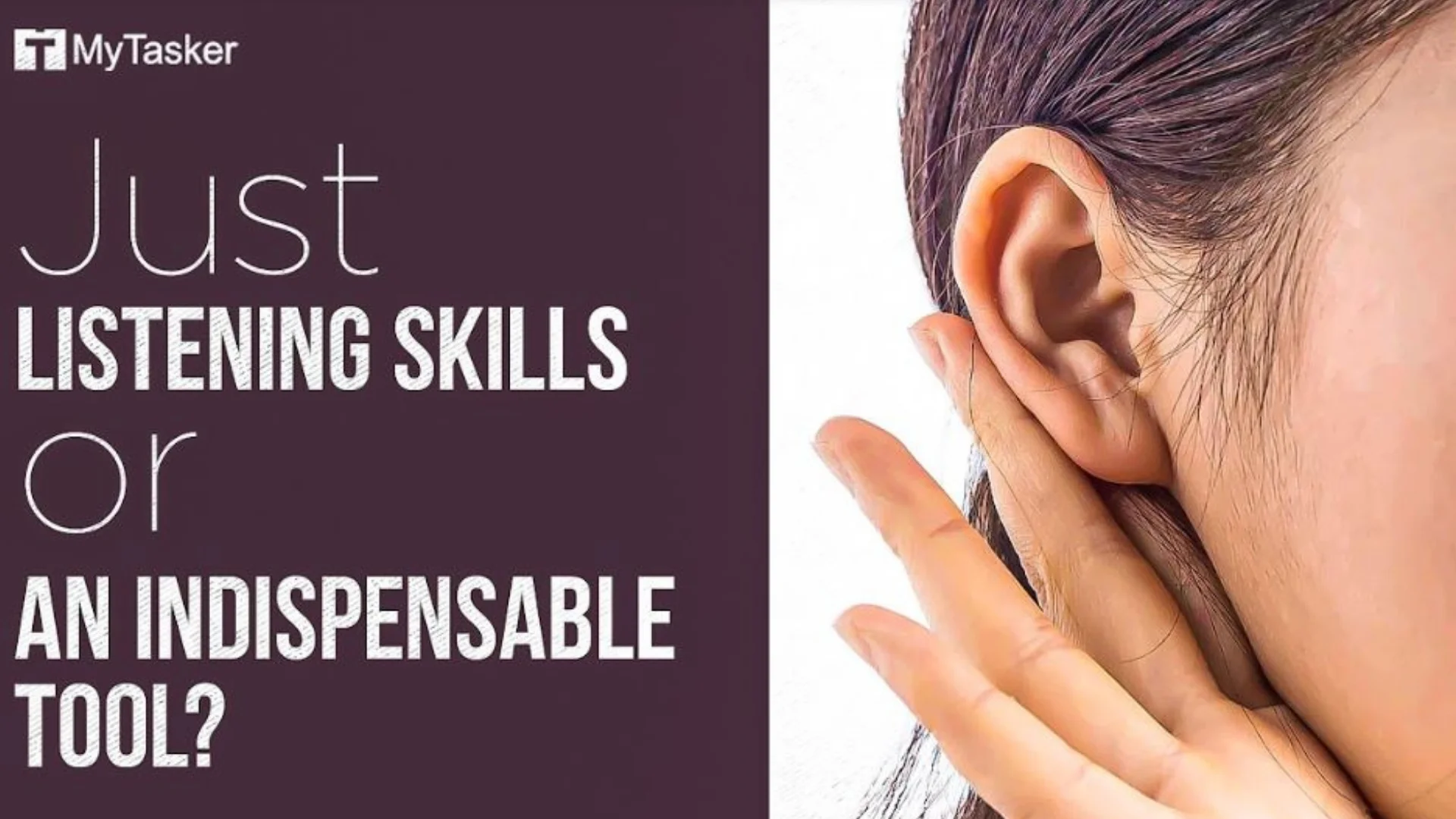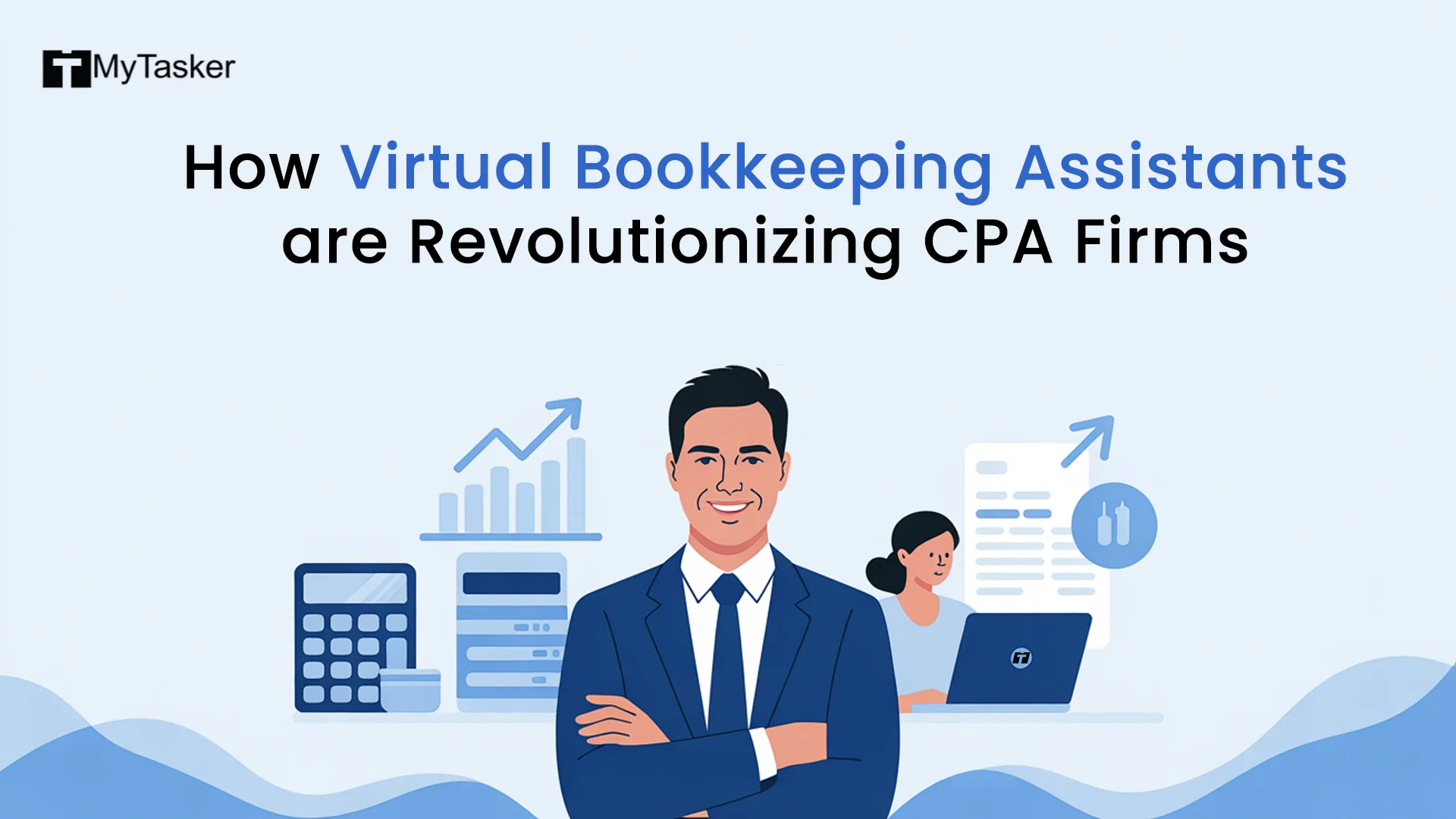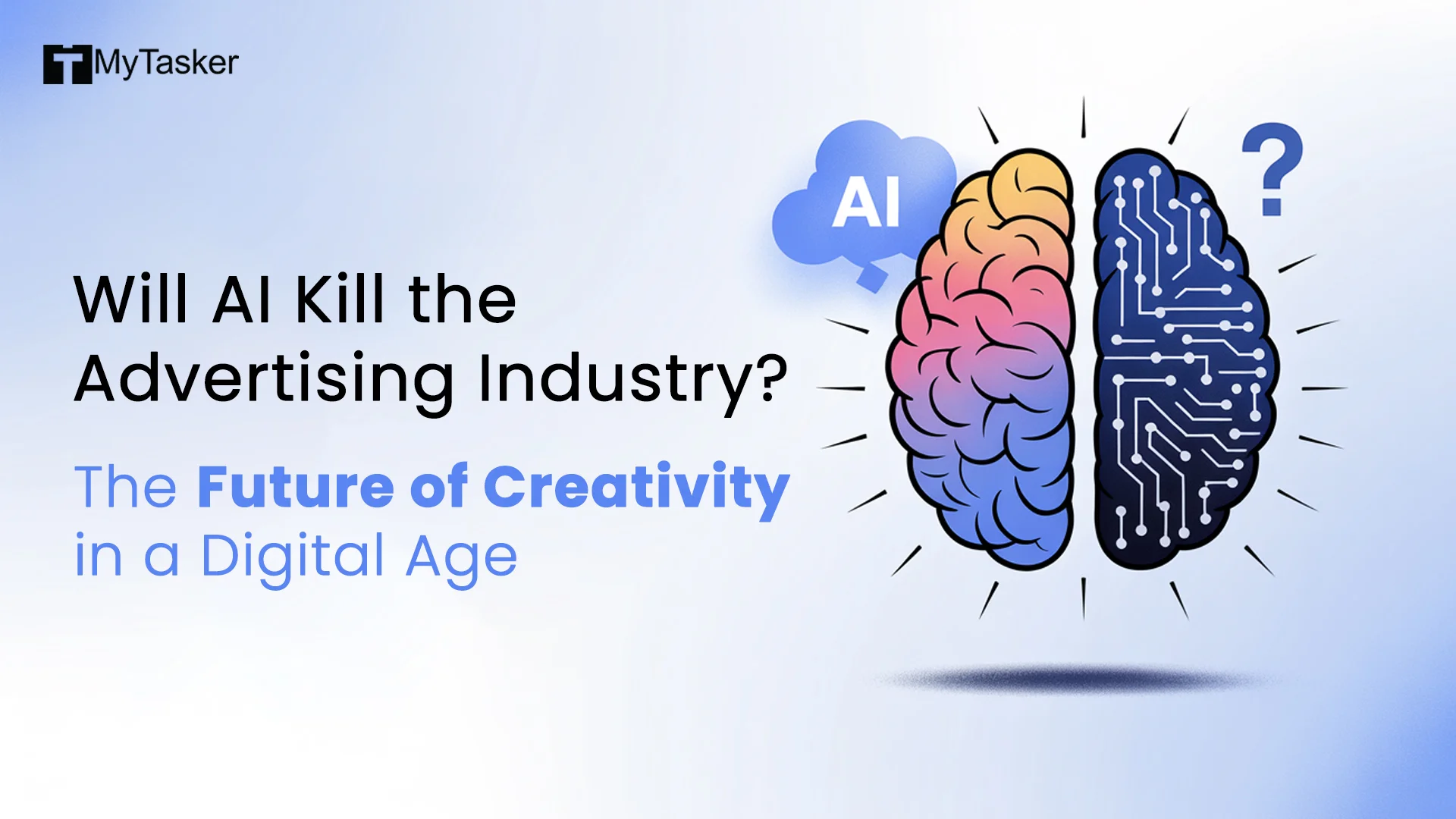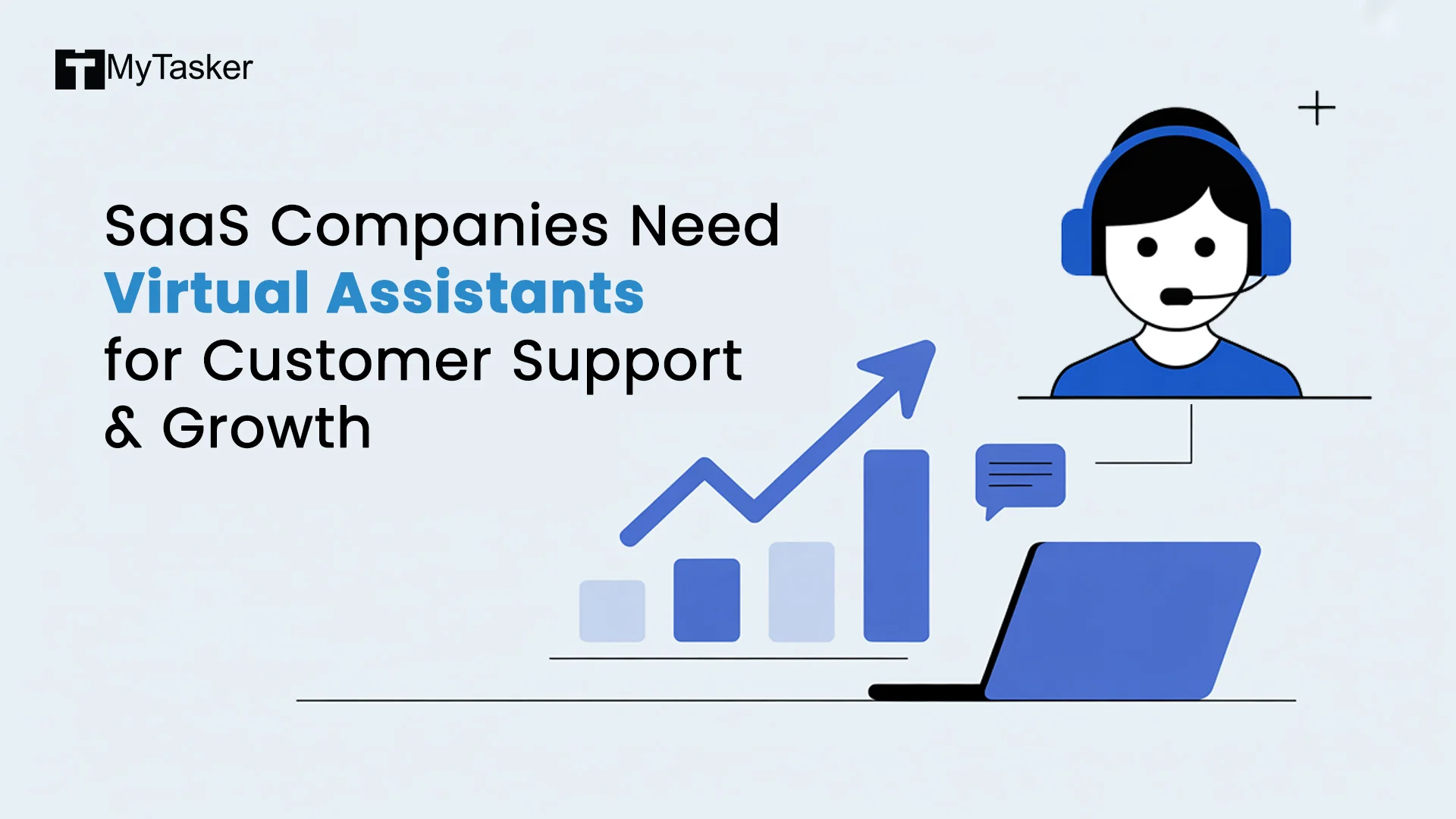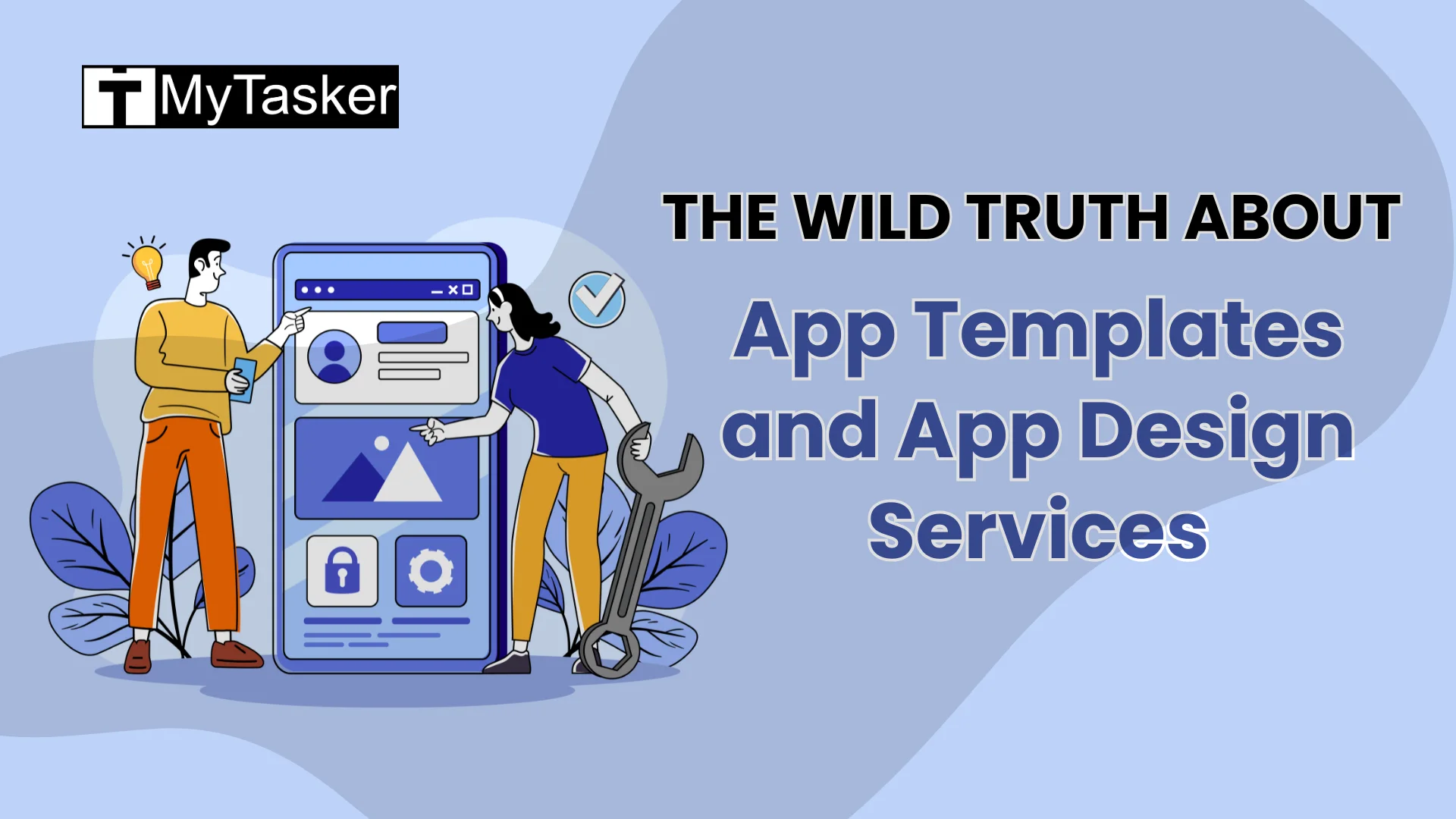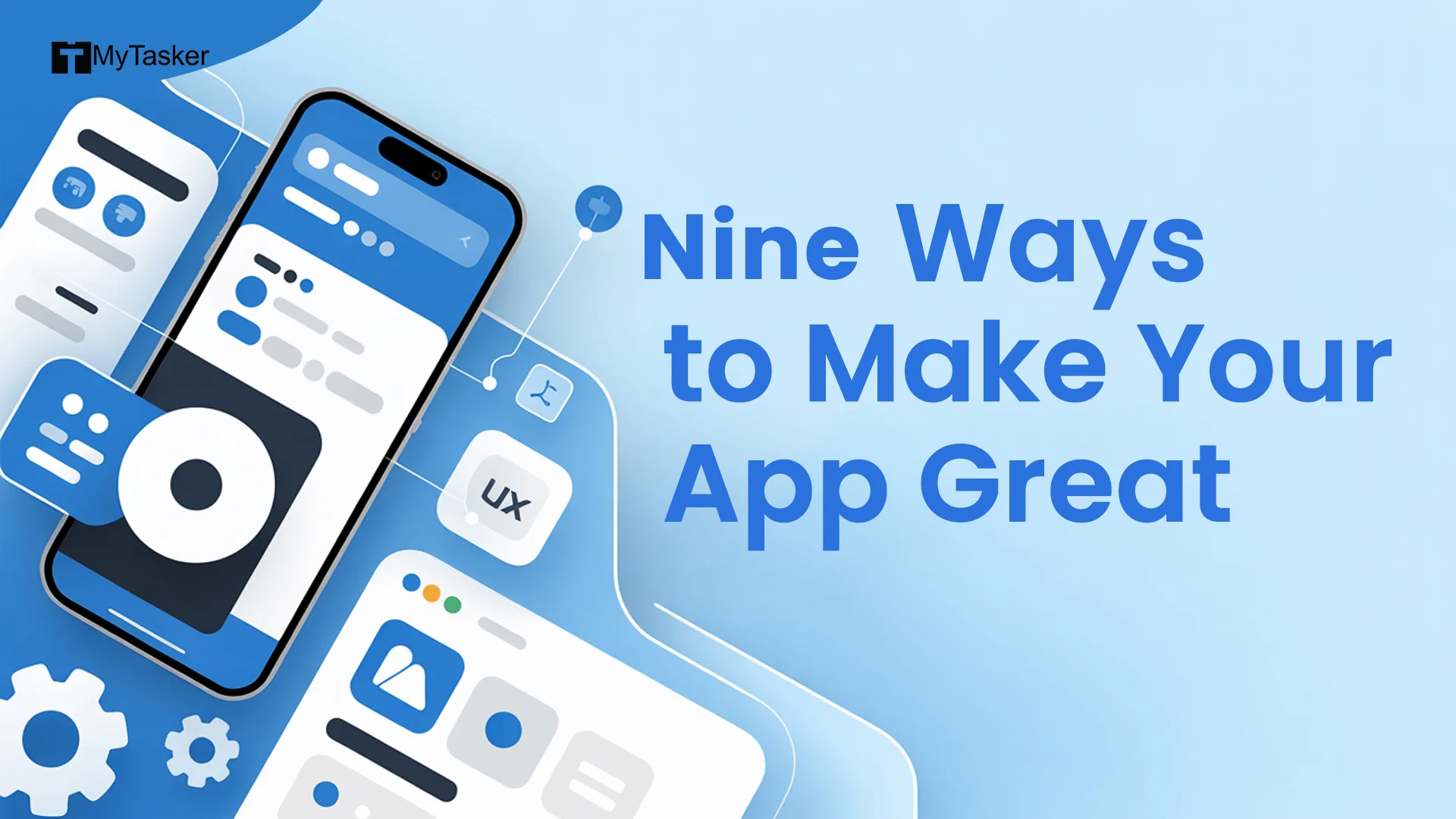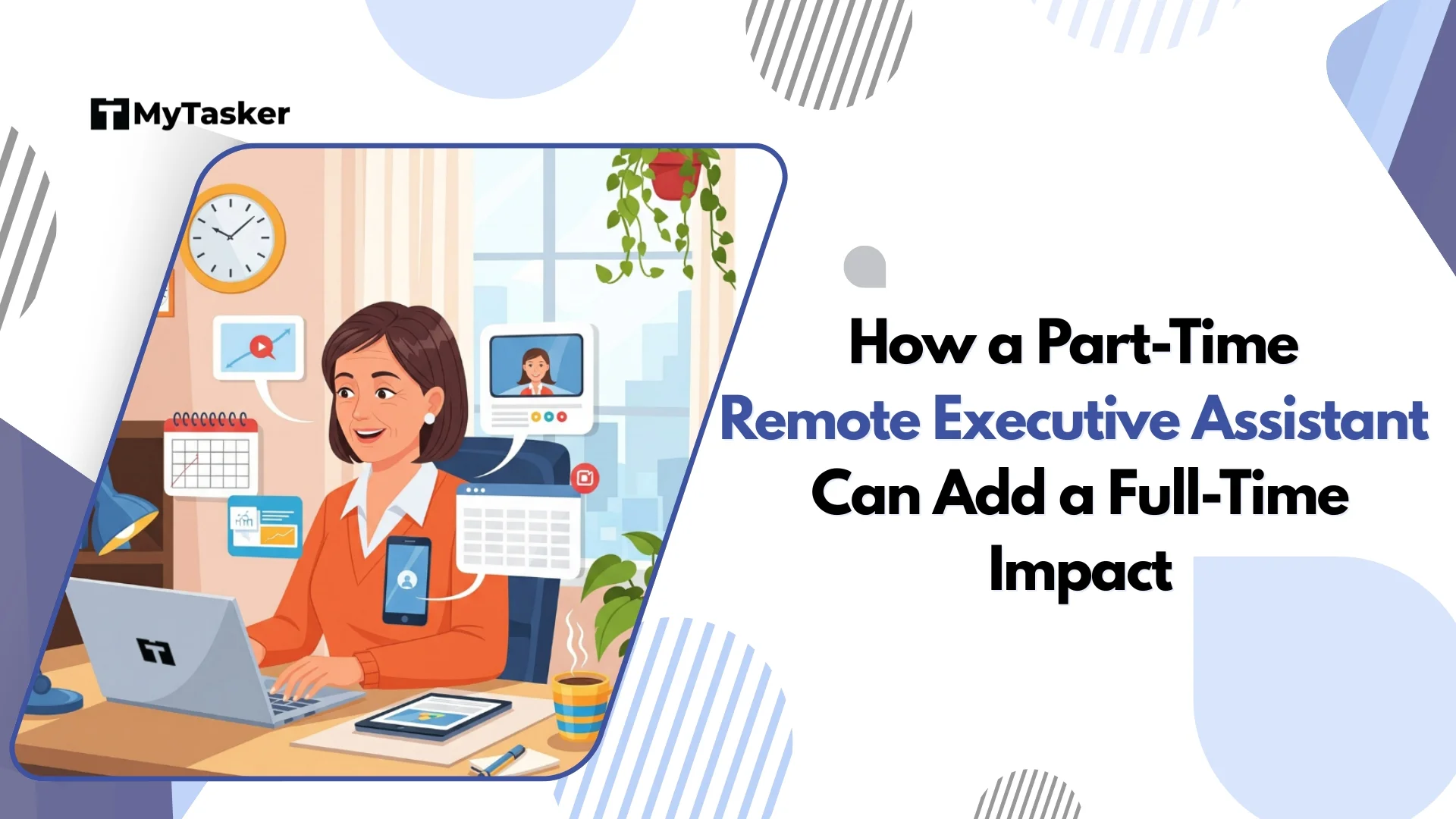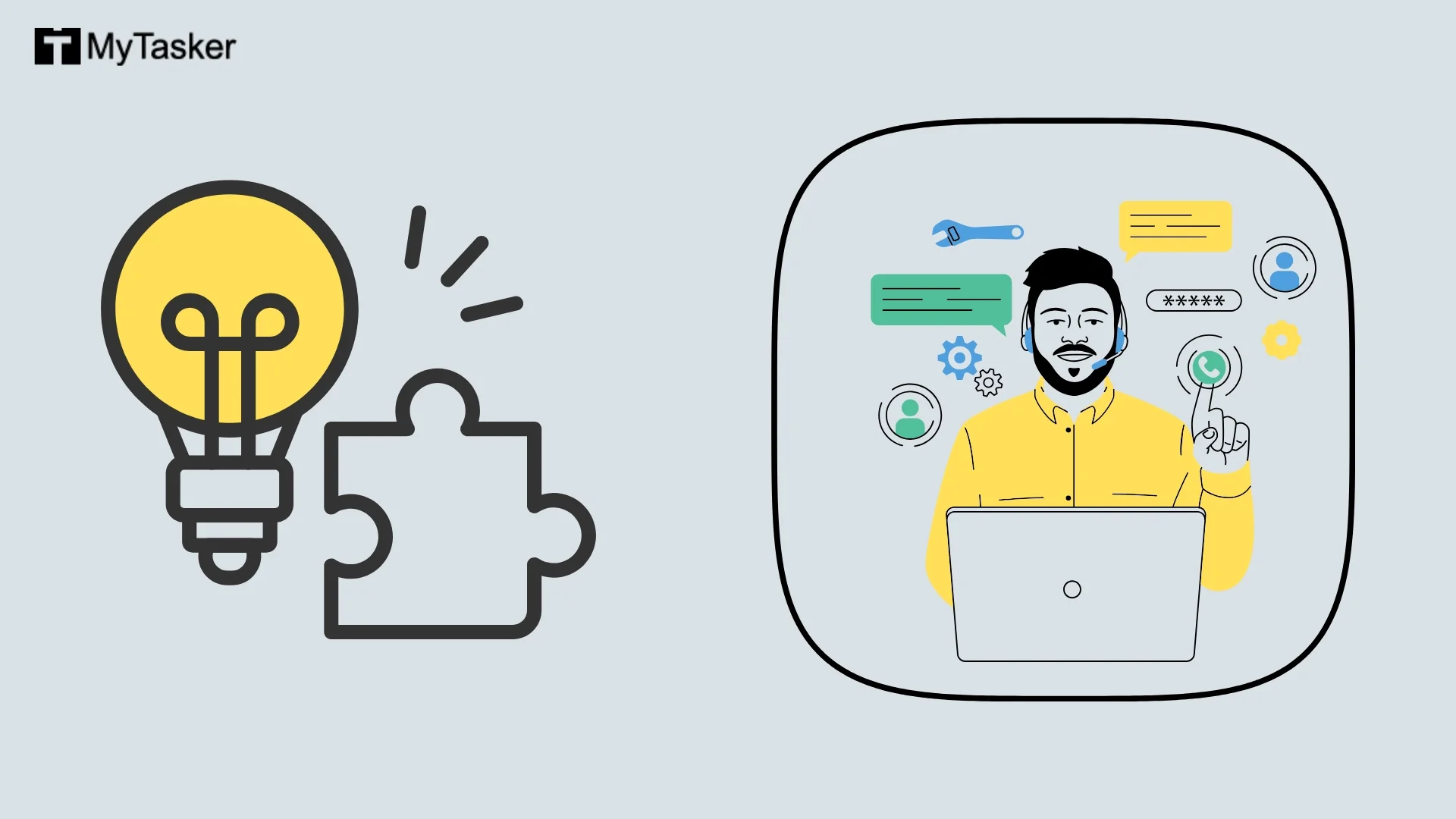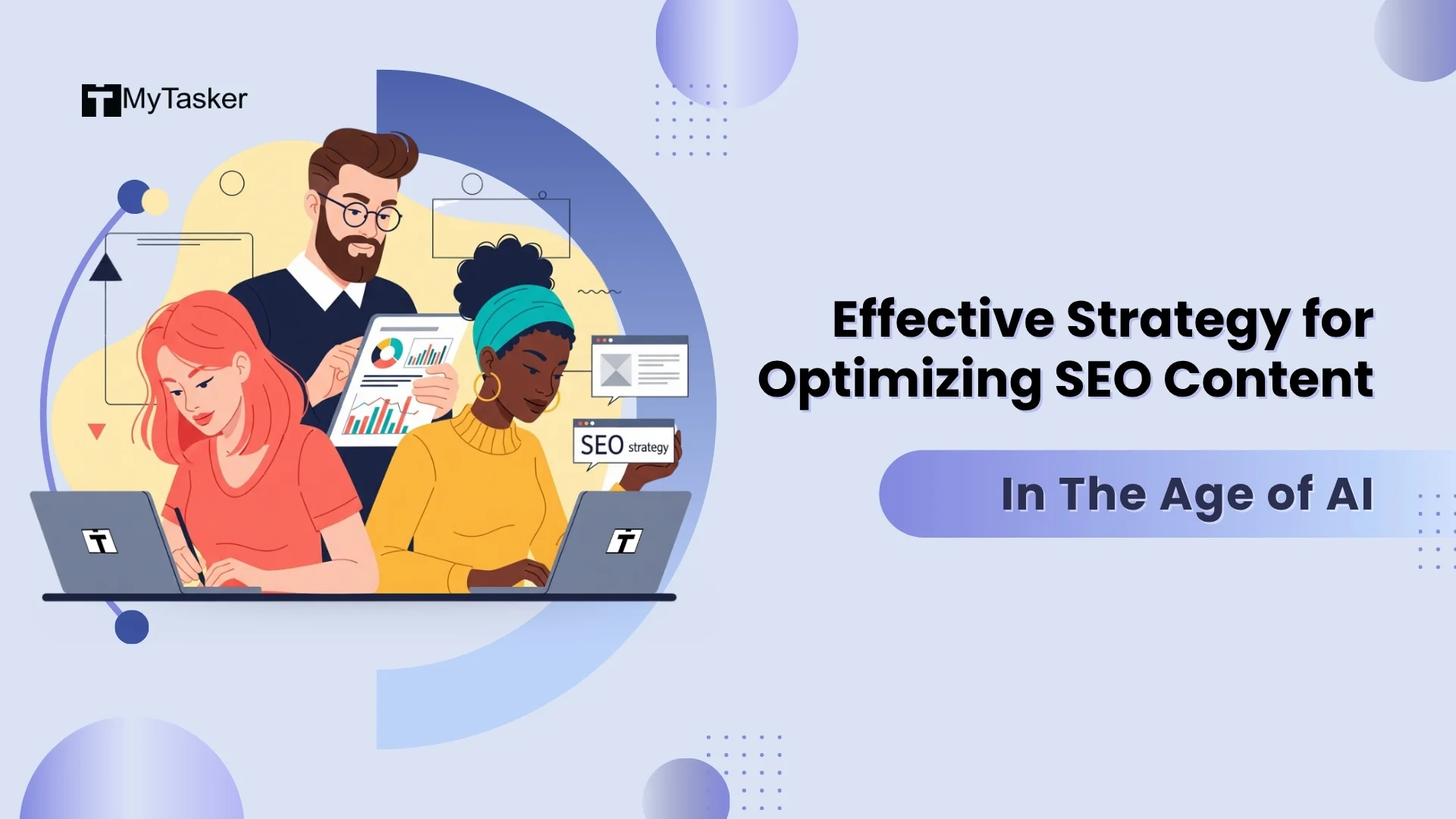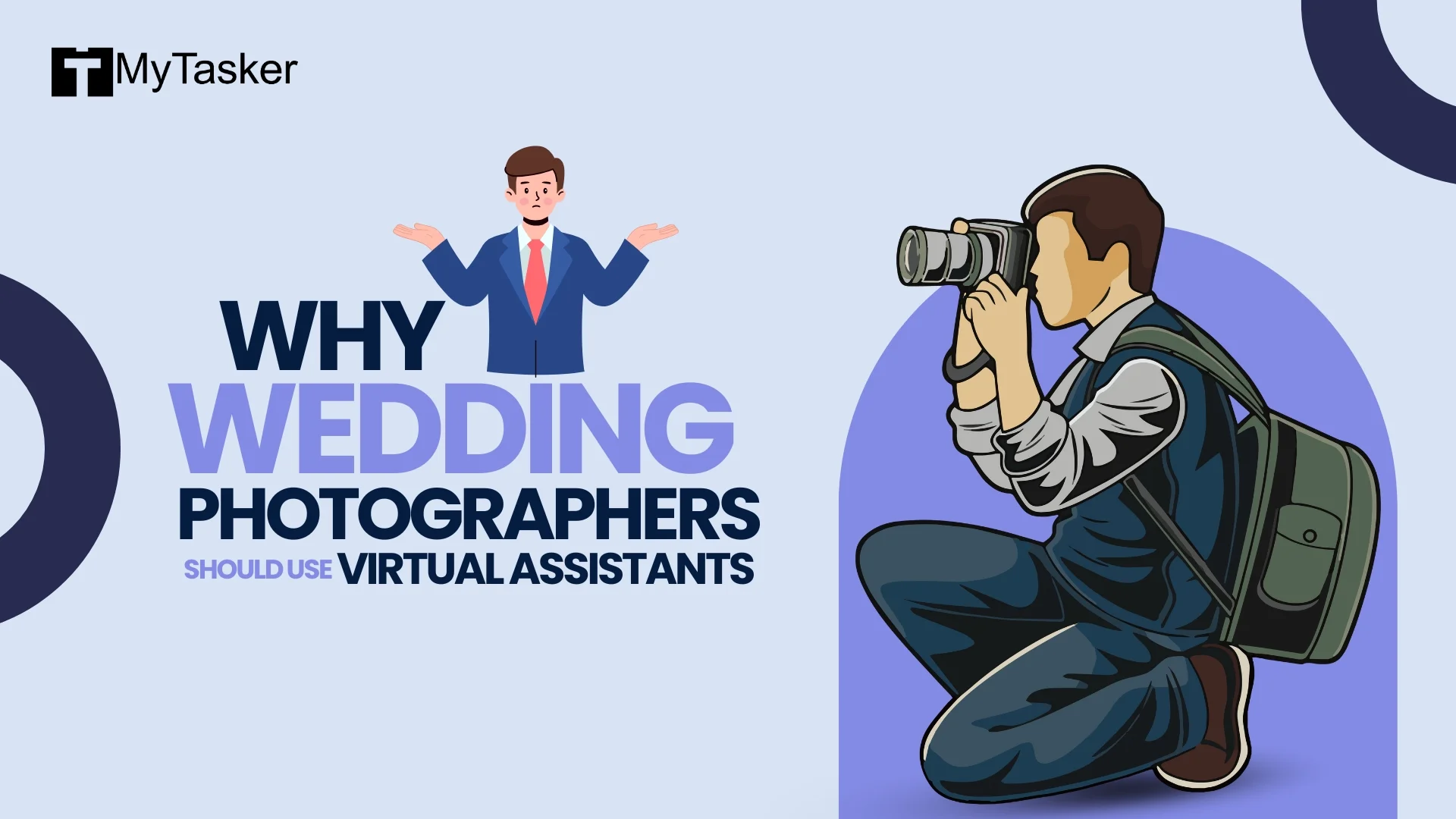We’re living in a world where everyone’s distracted, multitasking, and half-scrolling through life. So when someone really listens? That stands out. Big time.
Active Listening Skills
“Most people do not listen with the intent to understand; they listen with the intent to reply.”
— Stephen R. Covey
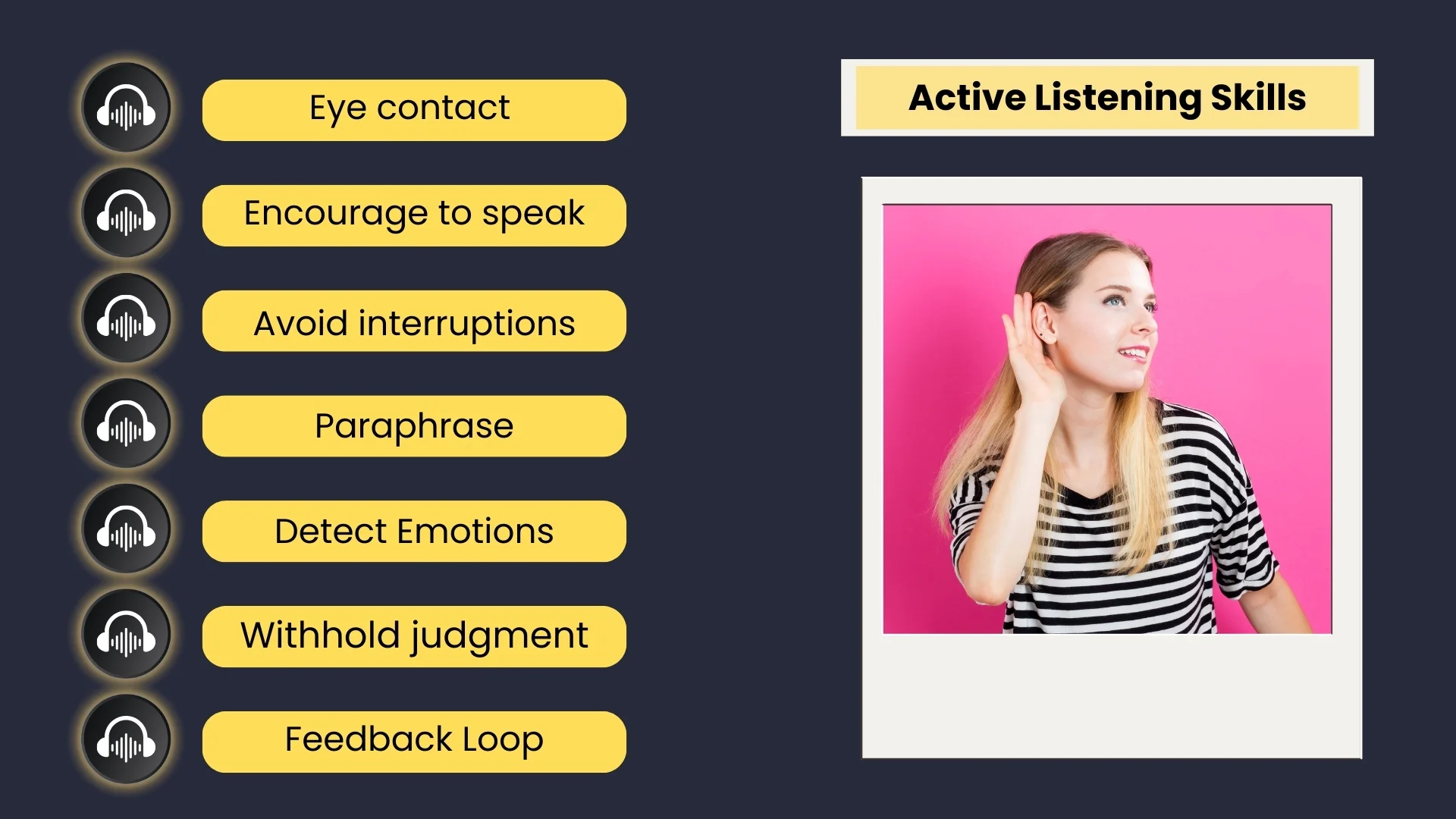
Active Listening Skills are among the most essential abilities we should all work to improve. It is not just hearing—it’s understanding, processing, and responding thoughtfully. In the VA industry, where client satisfaction hinges on clear communication, mastering active listening is non-negotiable.
-
Focus Fully: Eliminate distractions. When a client speaks, your undivided attention ensures no critical detail is missed.
-
Reflect and Clarify: Paraphrase their points (“So, you’re saying…”) to confirm accuracy. This builds trust and avoids misinterpretation.
-
Respond Thoughtfully: Acknowledge emotions (“I understand this is urgent”) before jumping to solutions.
Clients don’t just pay for tasks—they pay for being heard. Active listening transforms transactions into long-term partnerships.
Listening Skills
“The art of conversation lies in listening.”
— Malcolm Forbes
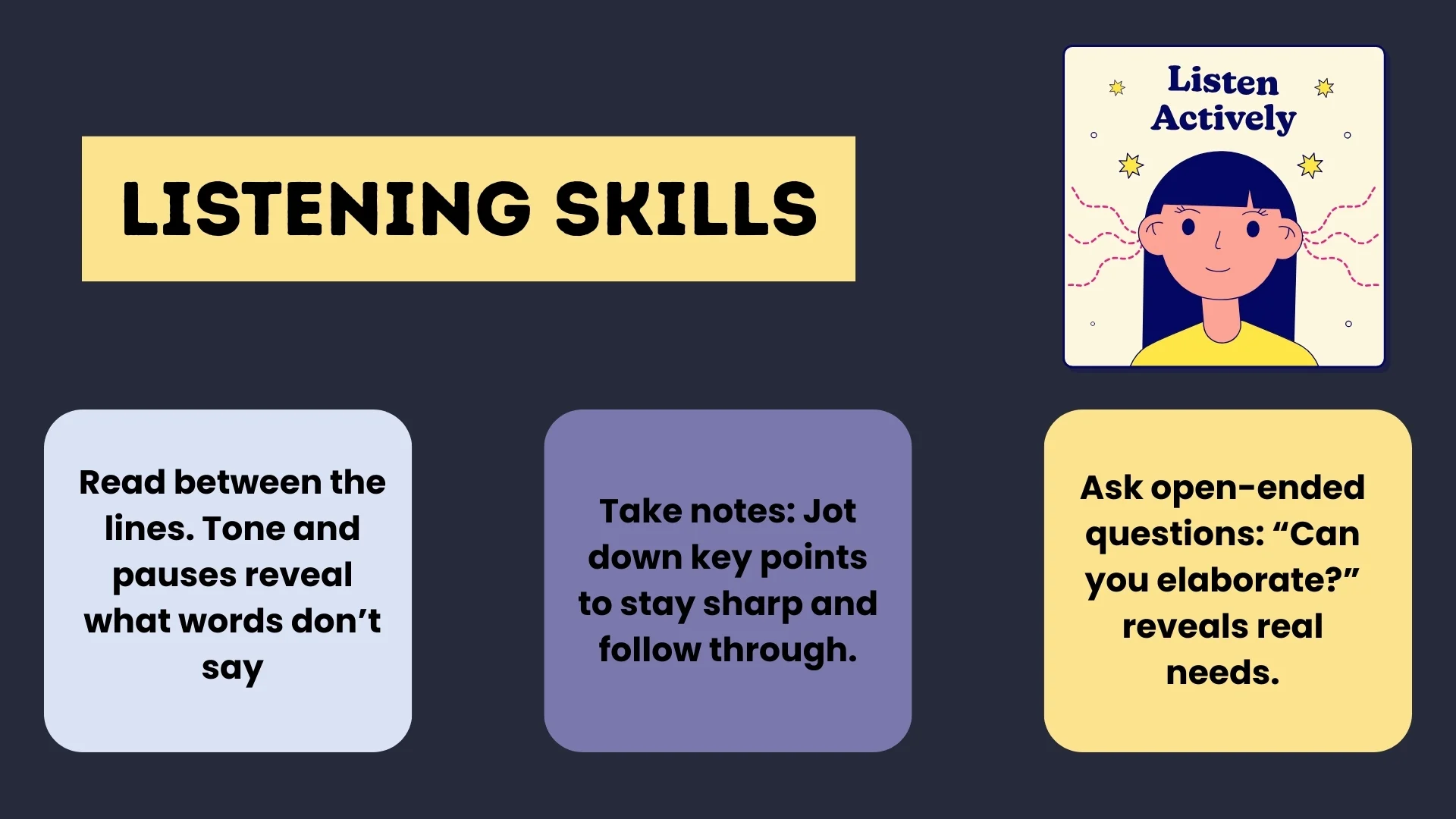
Listening isn’t passive—it’s the foundation of effective communication. For VAs, sharpening this skill means:
-
Reading between the lines: Tone, pauses, and emphasis reveal unspoken priorities.
-
Taking notes: Documenting key points ensures follow-through.
-
Asking open-ended questions: “Can you elaborate?” uncovers deeper needs.
In a digital world where messages often get lost in translation, listening with intent bridges gaps and drives results.
How to Improve Kids’ Listening Skills
“Children have never been good at listening to elders, but they have never failed to imitate them.”
— James Baldwin
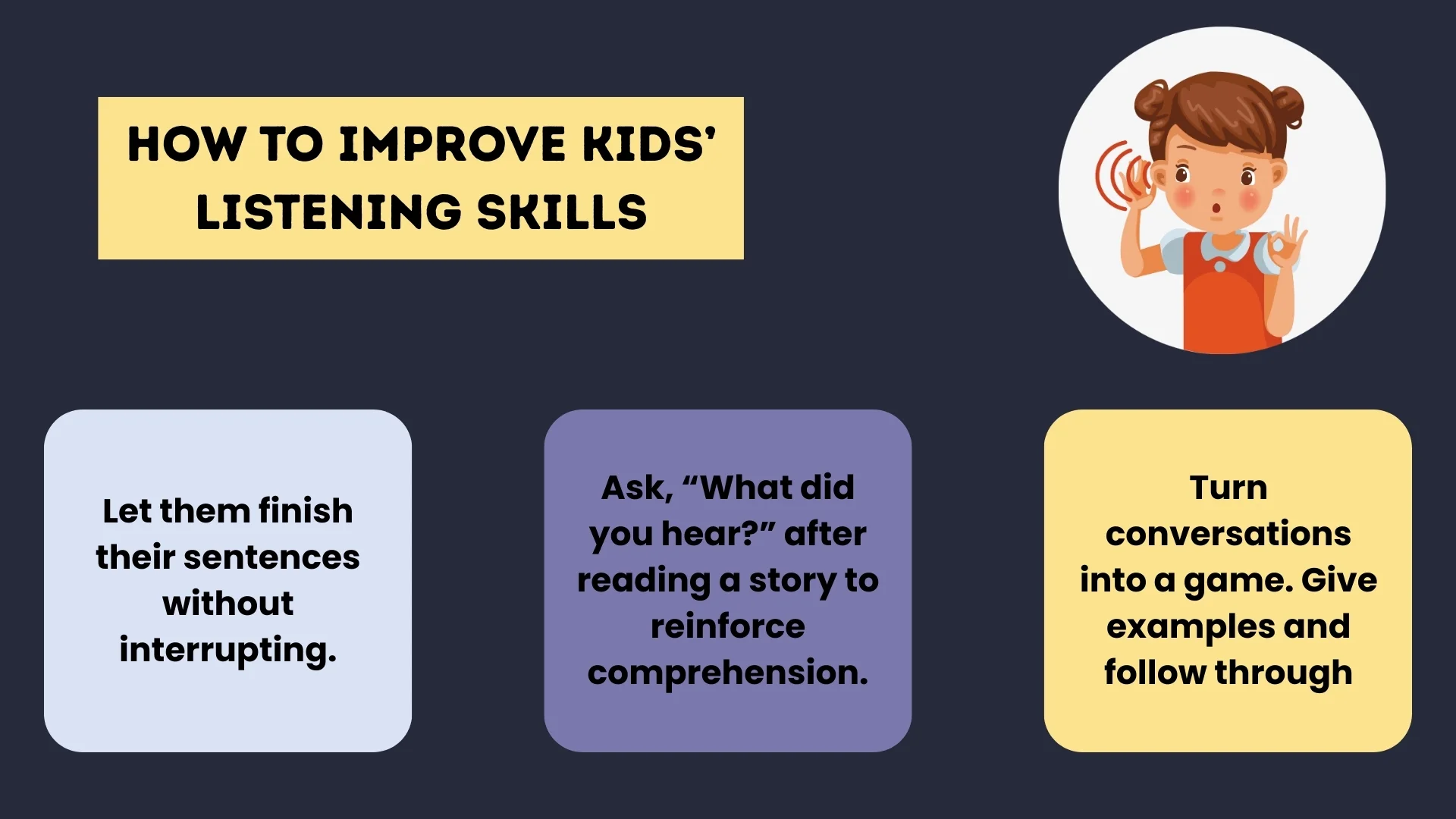
Kids learn listening by example. To nurture this skill early:
-
Model patience: Let them finish sentences without interrupting.
-
Engage actively: Ask, “What did you hear?” after reading a story to reinforce comprehension.
-
Turn it into a game: “Simon Says” teaches focus and follow-through.
Strong listeners become strong leaders. Start young.
How to Improve Listening Skills
“Wisdom is the reward you get for a lifetime of listening when you’d have preferred to talk.”
— Doug Larson
Improvement begins with self-awareness:
-
Silence your inner monologue: Stop formulating responses while others speak.
-
Practice empathy: Ask yourself, “What is this person really needing?”
-
Seek feedback: “Did I summarize your concerns correctly?”
For VAs, refining listening isn’t optional—it’s how you deliver excellence.
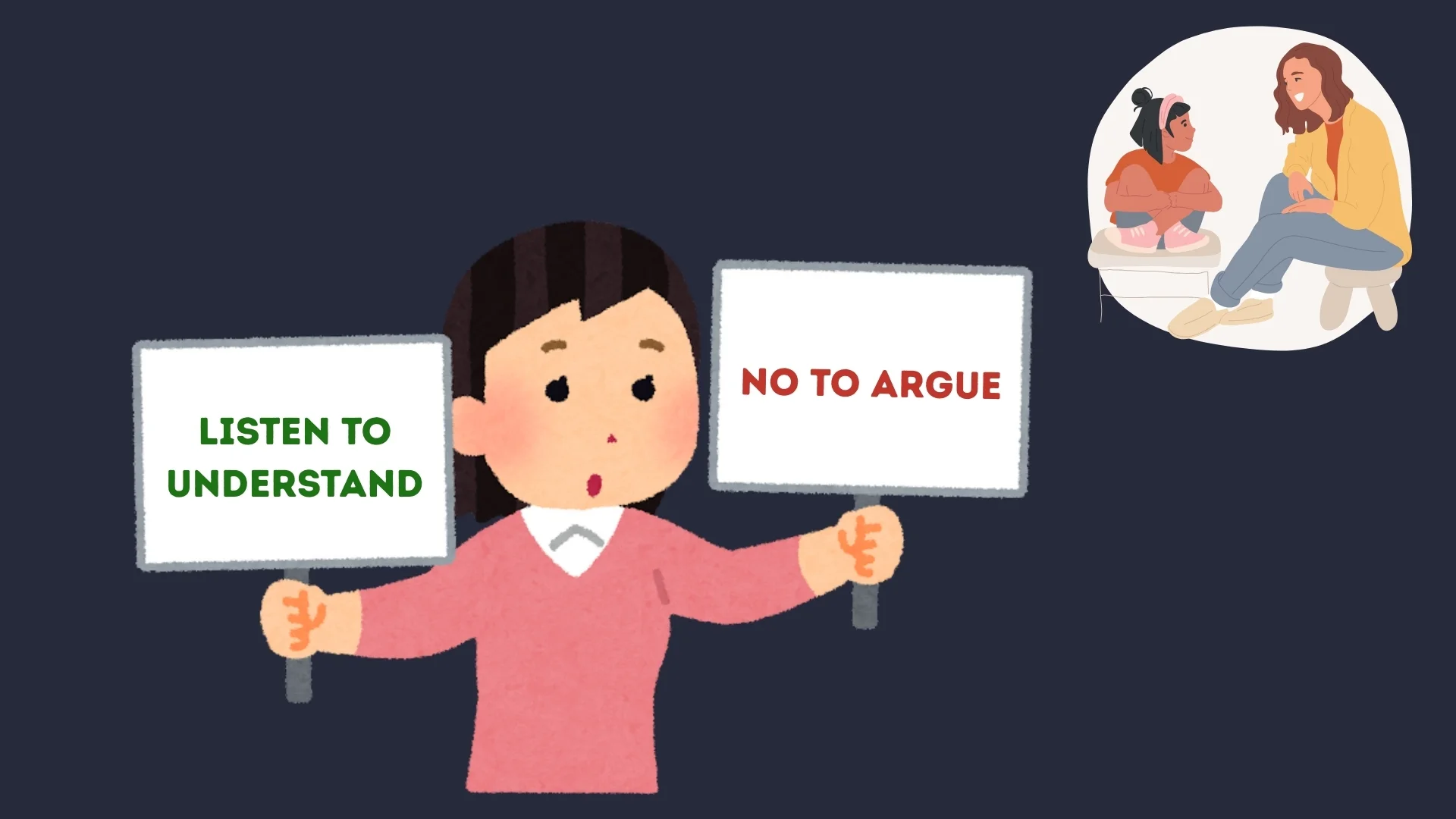
7 Key Active Listening Skills
-
Eye contact (even virtually): Nodding on video calls signals engagement.
-
Minimal encouragers: “Go on,” or “I see” keeps the conversation flowing.
-
Avoiding interruptions: Let pauses linger; the speaker may add crucial details.
-
Summarizing: “To recap, your main points are…” ensures alignment.
-
Emotional intelligence: Detect frustration or excitement in their voice.
-
Withholding judgment: Listen first, evaluate later.
-
Feedback loop: “Here’s how I’ll address this—does that work?”
Master these, and you’ll master client relationships.
How to Enhance Listening Skills
“The ear of the leader must ring with the voices of the people.”
— Woodrow Wilson
Enhancement requires deliberate action:
-
Limit multitasking: Close tabs during calls.
-
Practice mindfulness: Meditation sharpens focus.
-
Review past miscommunications: Where did listening fail? Learn.
For VAs, every interaction is a chance to listen—and elevate your service.
Poor Listening Skills
“The biggest communication problem is we do not listen to understand; we listen to reply.”
— Anonymous
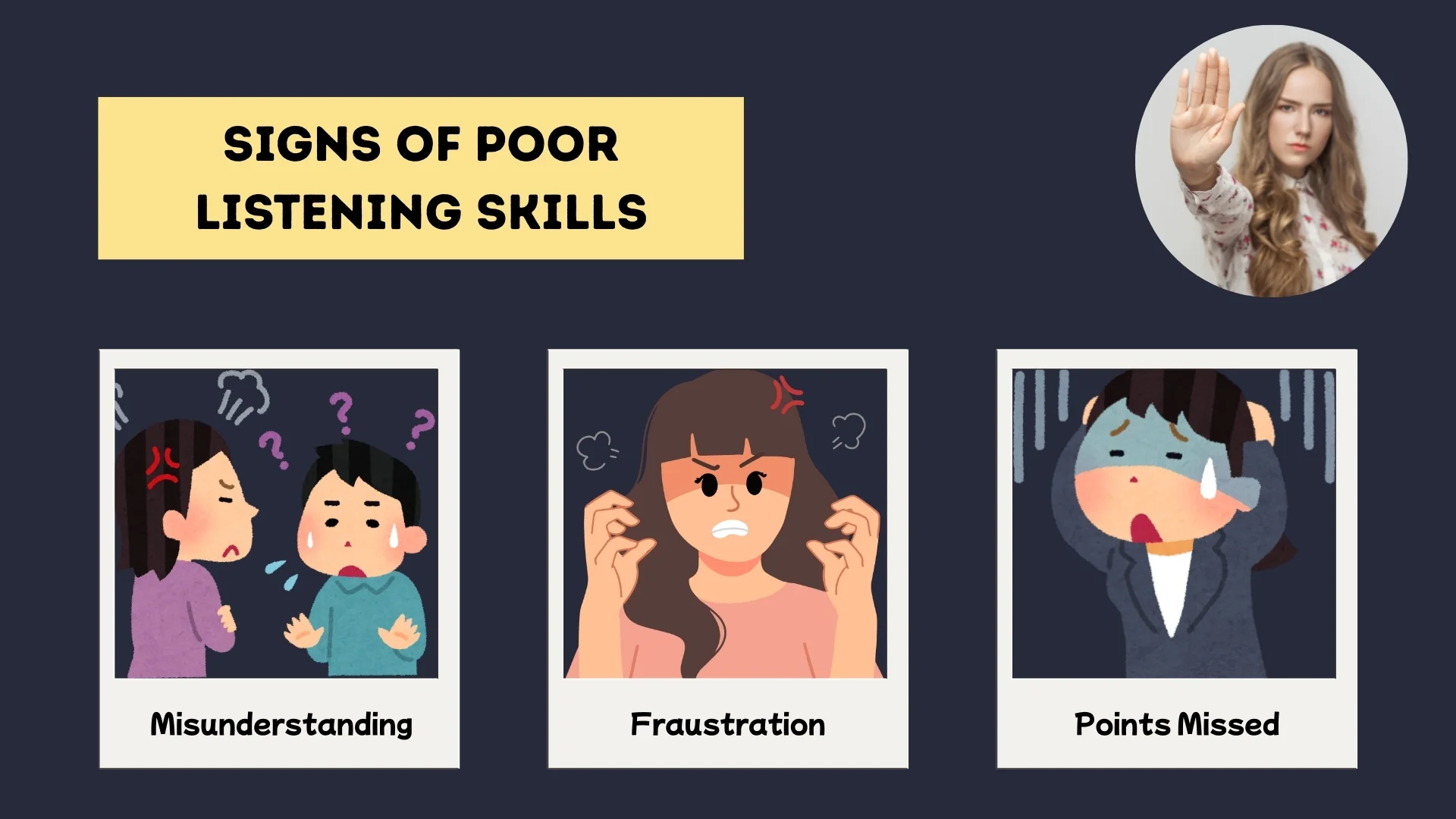
Poor listening costs time, trust, and revenue. Symptoms include:
-
Frequent misunderstandings: Tasks require rework.
-
Client frustration: “You’re not hearing me!” becomes routine.
-
Missed opportunities: Unaddressed needs lead to lost contracts.
In the VA world, poor listening isn’t a flaw—it’s a business risk.
What Is Effective Listening Skills
“Effective listening is about silence with purpose.”
— Bernard Ferrari
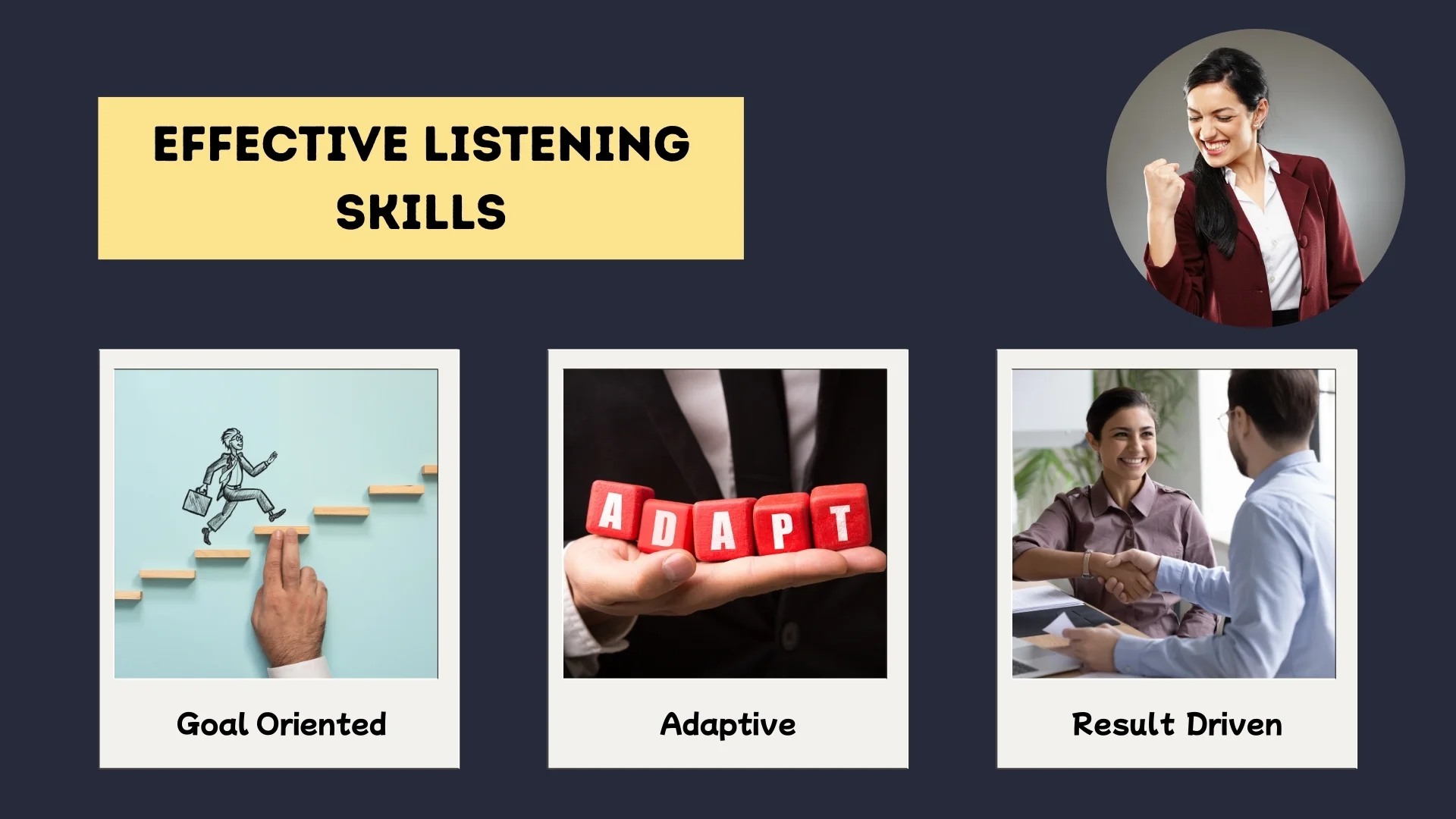
It’s a strategic tool:
-
Goal-oriented: Listen to solve, not just to respond.
-
Adaptive: Adjust your approach based on the speaker’s style (e.g., detail-oriented vs. big-picture).
-
Results-driven: Measured by client retention, not just task completion.
For VAs, effective listening isn’t soft skills—it’s smart business.
Ready to Work with a VA Who Really Listens?
At MyTasker, we don’t just hear you—we understand, clarify, and act with precision. Our virtual assistants are trained in active listening to ensure your needs are met the first time, every time.
Whether it's managing your tasks, communicating with your clients, writing down minutes of virtual or recorded meetings, transcribing files, creating subtitles, or turning your ideas into action—our team is here to support you with purpose and presence.
Experience the difference. Hire a VA from MyTasker today!



